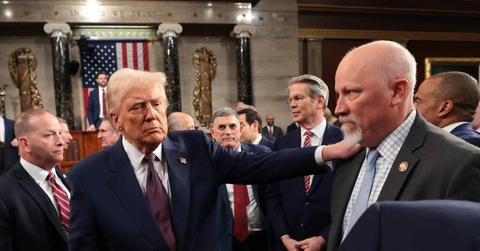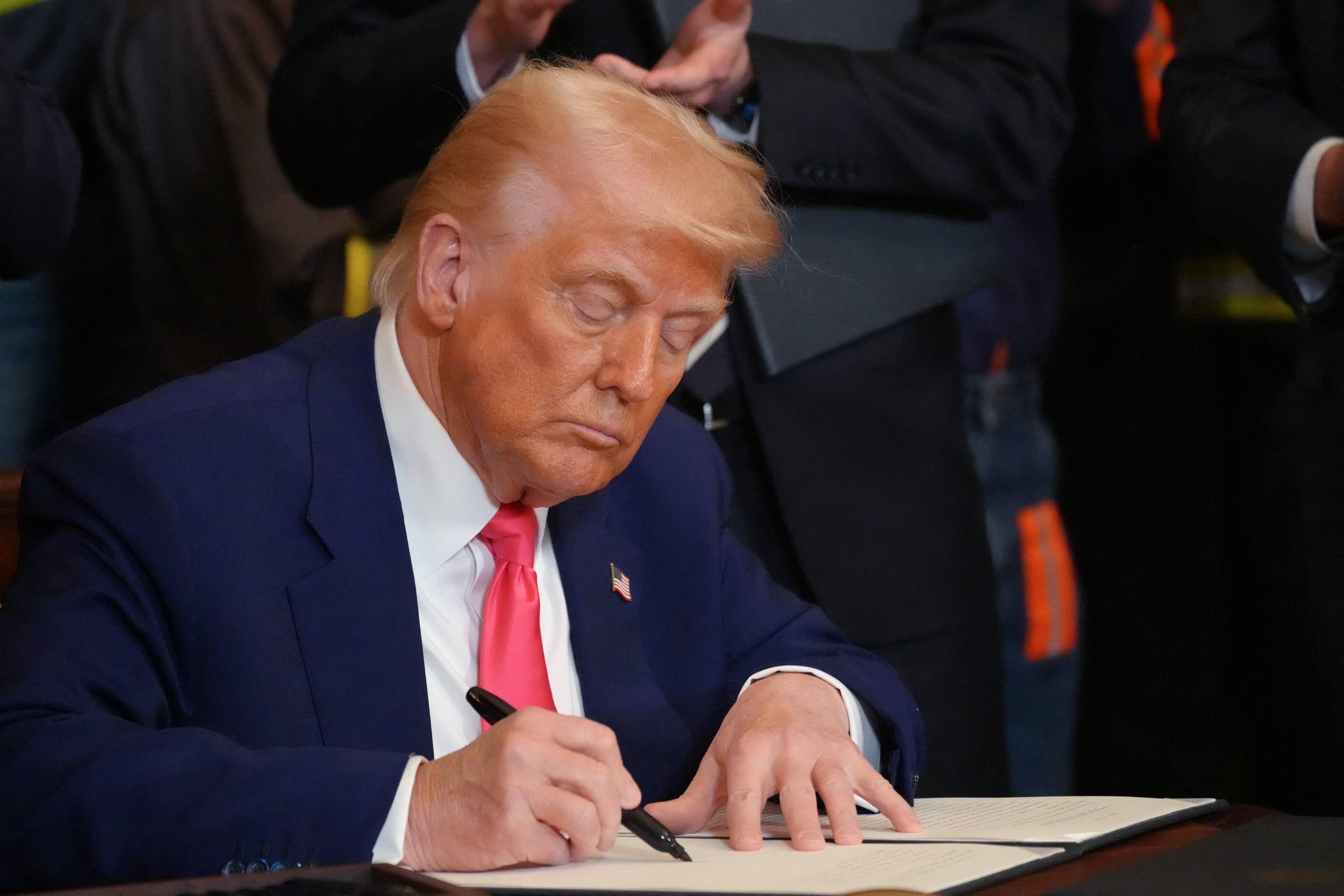Does the SAVE Act Prevent Married Women From Voting? Here's What We Know
The SAVE Act will require those who changed their legal name to provide proof of citizenship.
Published April 10 2025, 2:29 p.m. ET

On April 10, Republican Rep. Chip Roy of Texas introduced the Safeguard American Voter Eligibility (SAVE) Act that was passed by the U.S. House of Representatives. Amid a flurry of political moves, appointments, and legislation to kick off the Trump Administration's second term, the SAVE Act has elicited support from one side and concerns from another.
The controversial bill has several important facets. One question on many voters' minds is whether it would prevent some U.S. women from voting.
Irrespective of your party affiliation and socioeconomic status, it is imperative that you understand how the passage of the SAVE Act will affect your rights in the U.S. and whether or not you can vote in certain elections.
To that end, keep reading to better understand the SAVE Act and its nuances.

Does the SAVE Act prevent married women from voting?
The reality is that if the SAVE Act is signed into law, it will make the voting process significantly more difficult for some married women, for example, those whose legal name doesn’t match the name on their birth certificate.
First, according to VoteRiders, a non-partisan non-profit organization, the bill was introduced by Rep. Roy to prevent those without U.S. citizenship from voting in U.S. elections.
The SAVE Act would dictate that individuals registering to vote — including those who move to a new state — must provide documentary proof of their U.S. citizenship.
As surmised in the Tweet above, women who change their legal name after getting married — thus having a different name than the one on their birth certificate — seem to be among the most susceptible to having their voting registration denied on account of the two names not matching.
Proponents of the bill say that a U.S. citizen should be able to readily produce proof-of-citizenship documents when needed. However, as NPR points out, more than 21 million Americans do not have "easy access" to the documents stipulated in the bill that would be required to prove their U.S. citizenship.
Furthermore, an estimated 69 million U.S. women have changed their legal name after getting married, per NPR. The burden is now on those women to find a hodgepodge of documents to prove the legitimacy of their U.S. citizenship — lest they face the prospect of no longer being allowed to vote.
According to a March 4 press release from the U.S. Committee on House Administration, Republican Rep. Mary Miller of Illinois said the following:
"I would note that the SAVE Act does have robust protections for married women whose names have changed. Arizona has a very similar statute on the books and no one has been disenfranchised. It's very disappointing that my colleague from Illinois has chosen to resort to scare tactics instead of joining the Committee's efforts to secure our elections."
Those alleged "robust protections for married women" have yet to be outlined.
The SAVE Act will soon head to the Senate for a vote, where experts expect most Democrats to oppose the vote, which may lead to another marathon filibuster to delay or impede the vote from Senate Republicans.